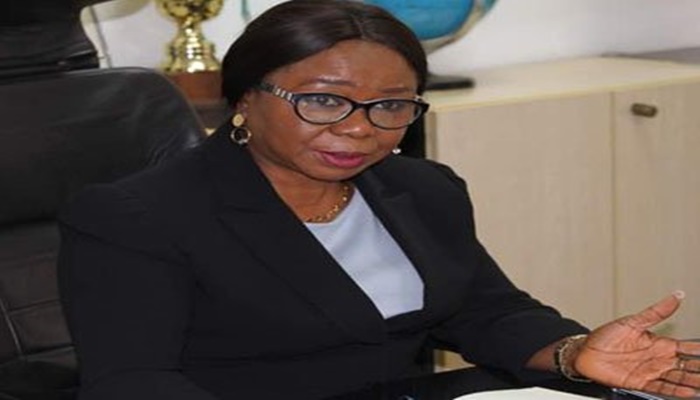
- Violation attracts N10m penalty
The Securities and Exchange Commission (SEC) is planning a new sub-rule specifically seeking to reduce the cost of organising meetings, by making the distribution of gifts to shareholders, observers, and any other persons at annual and extraordinary general meetings, illegal.
According to SEC, the move would enable investors get more value for their investments, and positively impact on their earnings per share (EPS), which measures the profitability of a company.
Earnings per share are calculated by dividing the company’s net income with its total number of outstanding shares; the higher the EPS, the better its profitability.
The new rules come barely a week after The Guardian had exclusively reported that the excesses of some shareholder groups tend to undermine the overall interest of majority of other stakeholders.
In a special report last week Monday, titled: “How shareholders’ activism ensures accountability, protects listed firm’, The Guardian had noted that much as shareholders have the right to be regularly updated on the health of their companies, some of their methods are often perceived as self-serving against ensuring corporate governance, and therefore demands better checks.
The new are contained in a draft exposure of sundry amendments to existing rules and regulations published by the SEC, which was obtained by The Guardian.
Justifying the proposed rules, SEC noted: “some companies arrange meetings with select groups of shareholders ahead of general meetings, to discuss proposed resolutions and agree on strategies which are often detrimental to the interest of other shareholders.”
Thus, the regulator decried the huge amount spent by such public companies on corporate gifts at AGMs/EGMs, which greatly impact their profitability.
Consequently, the Commission warned that any listed firm that violates the rule shall be liable to a fine of not less than N10 million.
SEC noted: “Public companies spend a significant amount of money on corporate gifts at AGMs/EGMs, and this has a great impact on their profitability. Few of the companies are making reasonable profits and even fewer can afford to pay dividends. If the amount budgeted for gifts at AGMs/EGMs can be reserved for other relevant operational or administrative expenses, it would positively impact on their earnings per share.”
The regulator further proposed the amendment to Rule 42, which would lead to the creation of Sub-rule 190 (3), which states as follows:
“Public companies shall disclose some minimum corporate governance information on their websites, including governance structure, composition and structure of the board, shareholding, and dividend analysis among others.
“In a bid to ensure that investors get more value for their investments and thereby positively impact on their earnings per share, the Securities and Exchange Commission, SEC is seeking to create a sub-rule to regulate the conduct of Annual General Meetings.
“This, among others, is contained in a draft exposure of sundry amendments to the rules and regulations published by the SEC. The sundry amendments are: proposed amendment to rule 42 (2) – half-yearly returns, proposed amendment to rule 67(2) – individual sub-broker, and proposed amendment to part N rule 602 – miscellaneous rules.
“Proposed amendment to part N rule 602 – miscellaneous rules seek to create a Sub-rule 4 and 5 pertaining to organisation and conduct of annual general meetings.
“Should the rule be agreed on, public companies shall not convene any meeting with select group(s) of shareholders prior to an Annual General Meeting/Extraordinary General Meeting.”
The SEC said as part of the corporate governance scorecard implementation strategy, companies are expected to disclose a minimum corporate governance report on their websites.
On the proposed amendment to rule 67(2) – re-instatement of individual sub-broker function, the SEC noted that its deletion in November 2017, generated a lot of comments from the Nigerian Stock Exchange (NSE), and Association of Stock Broking Houses (ASHON), who thereafter requested for the reinstatement of the function.
“The rules committee revisited the issue and the commission agrees that reinstatement of Individual Sub – broker function will help in enhancing financial inclusion, deepening the market, and attracting more retail investors as well as enable the Sub-brokers have more presence at the grass root level,” SEC added.
Credit: The Guardian






